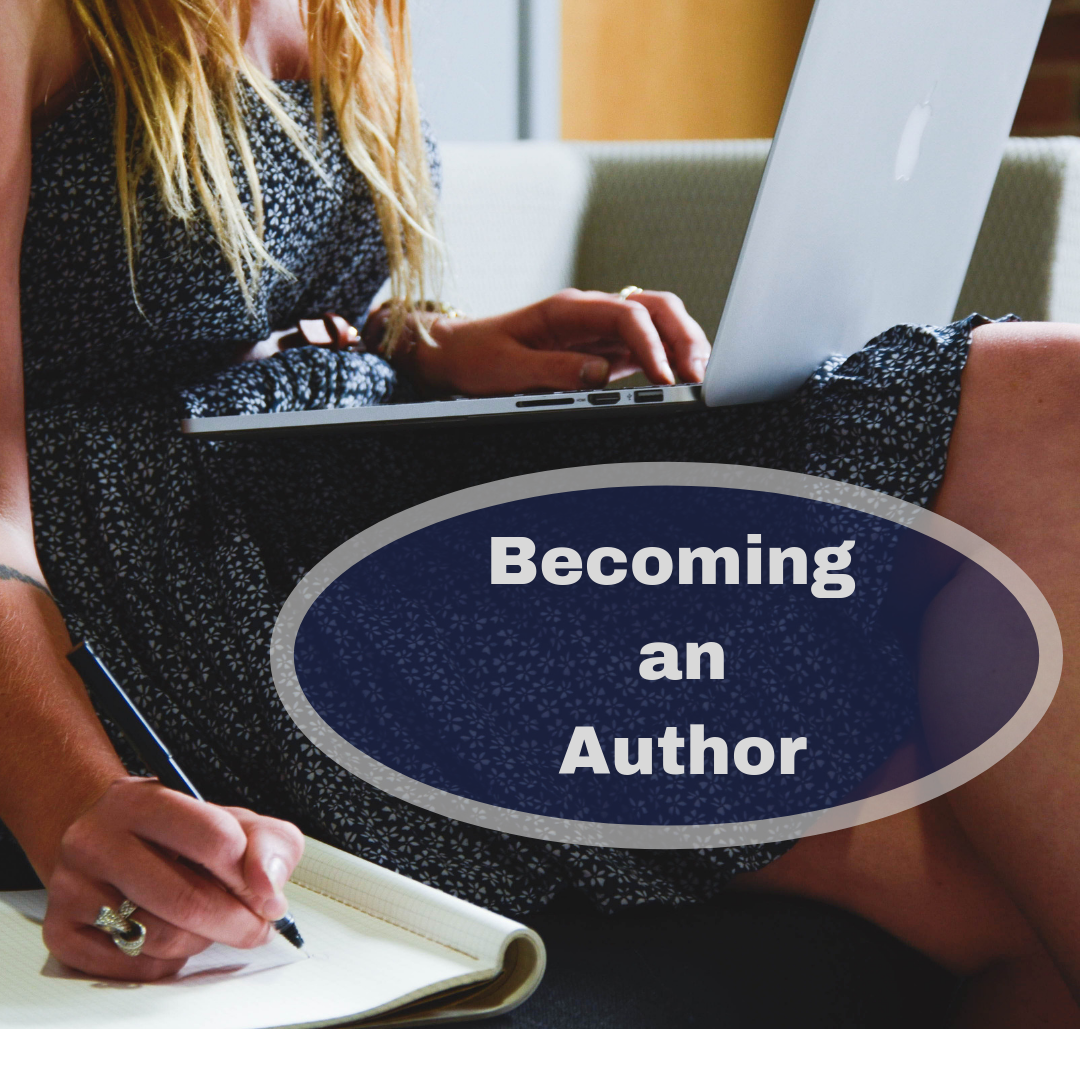
The Intentional Writer
Are You Intentional About Growing Your Writing Craft?
Writers of all levels know the importance of continuing to learn new skills, refine writing skills, and challenge themselves.…
July 24, 2022
Writers of all levels know the importance of continuing to learn new skills, refine writing skills, and challenge themselves.…
July 24, 2022
If you are a writer who is serious about pursuing publication, perhaps you have a couple of writing craft…
April 9, 2021
There’s no denying that COVID has brought about drastic changes to our world in 2020. Yes, most of these…
October 9, 2020
I was in third grade when I first fell in love with the craft of writing. Notice that I…
May 9, 2019
Most days, writing brings us joy. Our brains stay on overdrive as we scribble ideas on scraps of paper,…
June 23, 2017